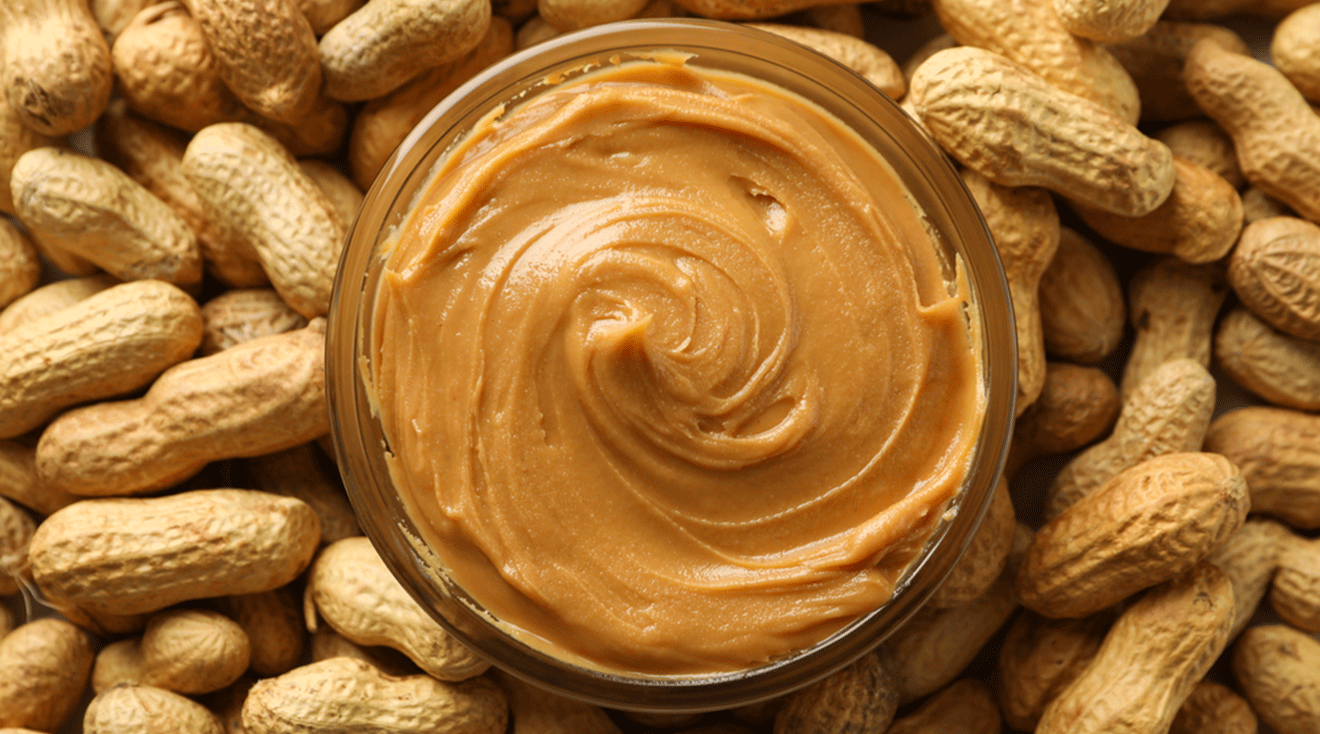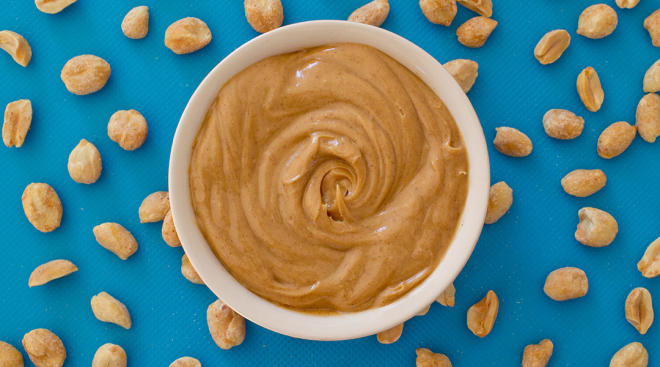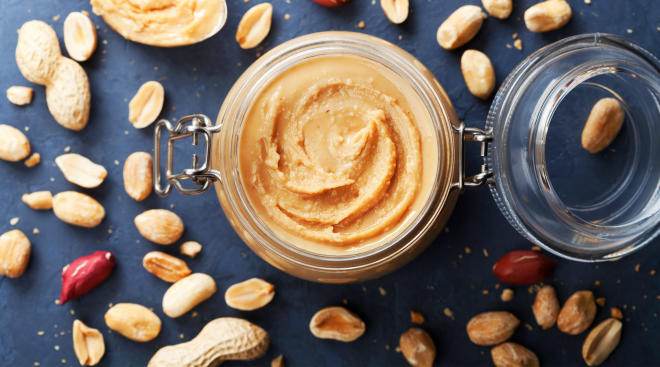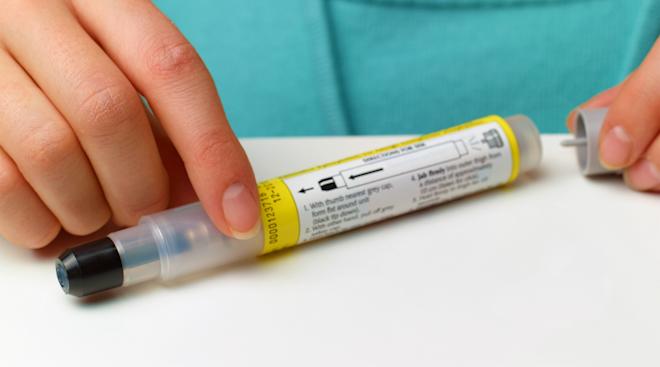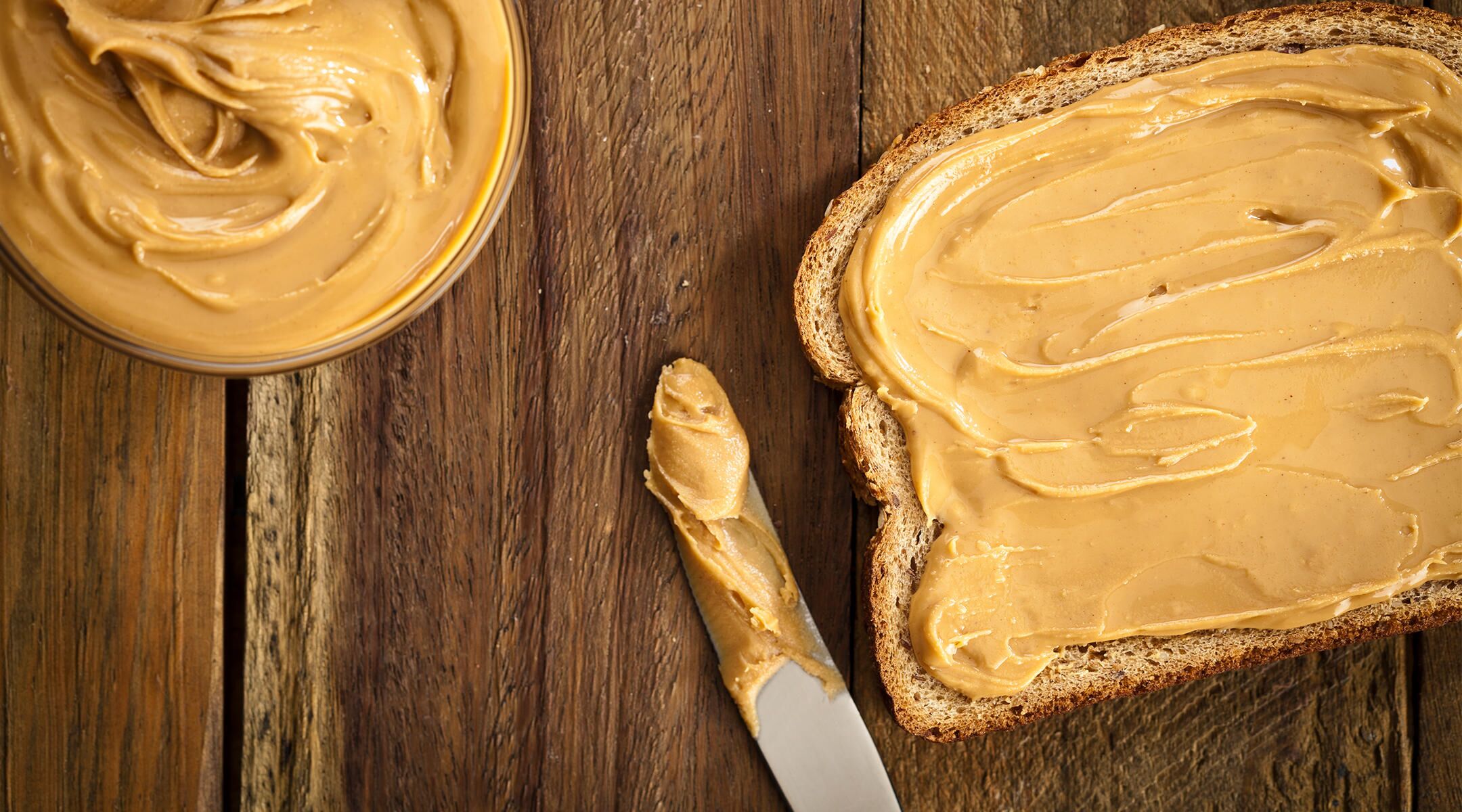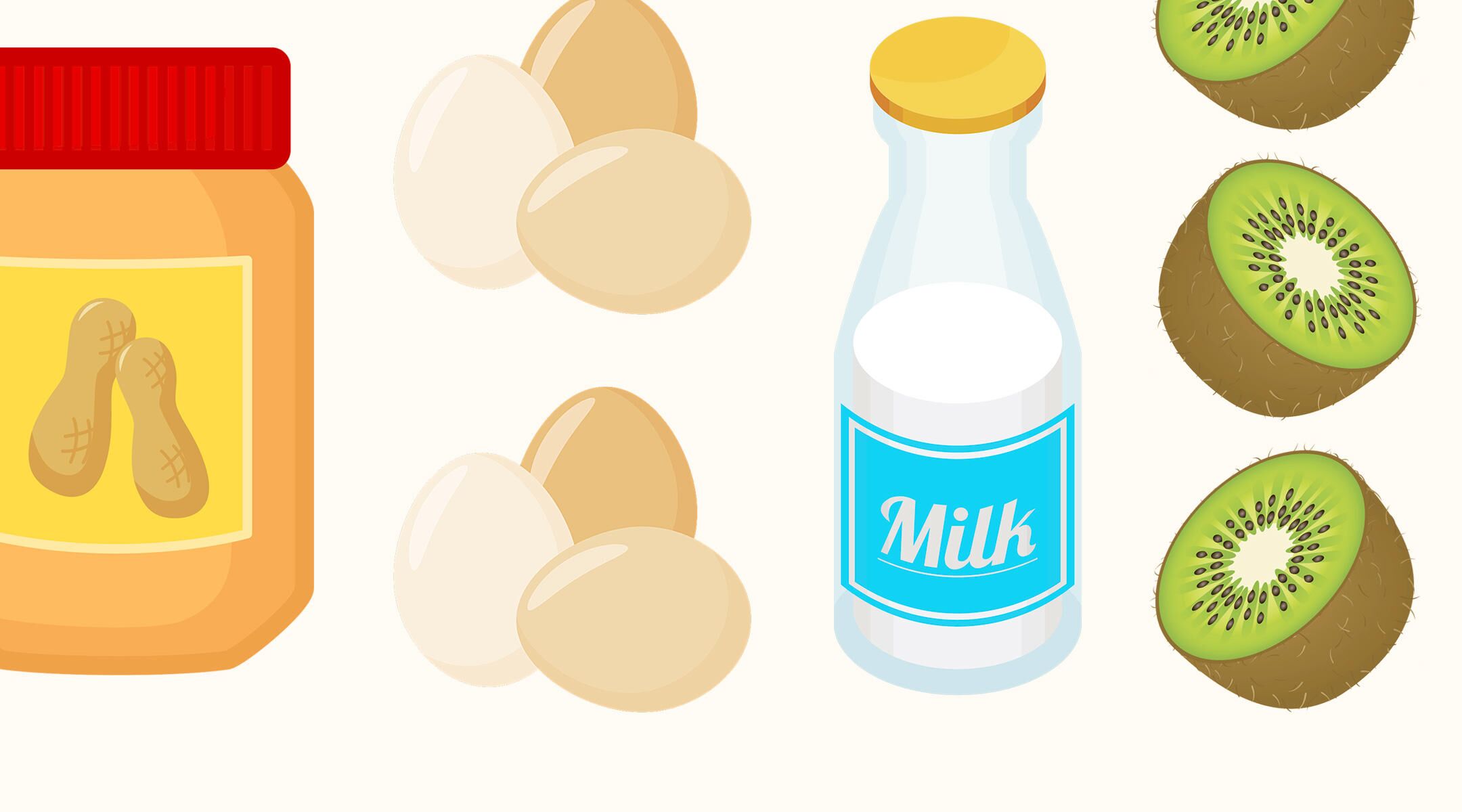Australia Pilots Free Program to Reduce Peanut Allergies in Kids
Peanut allergies affect 1 in 13 kids, posing a real threat as many head back to school where peanuts can pop up in lunch boxes, baked goods, school meals and many other places. But what if instead of focusing on keeping peanuts out of the hands of little ones we could cut down on the amount of children with peanut allergies?
A new partnership between Australia’s National Allergy Centre of Excellence (NACE) and the Murdoch Children’s Research Institute (MCRI) seeks to do just that by making peanut oral immunotherapy free and easily accessible to children across the nation.
The pilot program, called ADAPT OIT has gone live in 10 hospitals across five states and will provide children under the age of 12 months a carefully planned daily dosing schedule of peanut powder, taken at home, over two years. While clinical trials have rolled out this approach in the past gaining access to these trials has been hard to come by. The new ADAPT OIT hopes to make this approach the new standard of care accessible to all children when they need it most between 6 and 12 months.
“We’re working with children here who have established peanut allergy and how we can modulate their immune system while their immune system is malleable at an early age and that’s what the evidence shows – that younger children respond very well to this oral immunotherapy approach, both from having a better effectiveness and a reduced risk of reactions,” Professor Perrett, director of the NACE and head of the ADAPT OIT Program, said in a statement.
Perrett and those at NACE believe that by rolling out a national and accessible oral immunotherapy, not only will babies get the care they need, but by including a food test at the end of treatment, the therapy can be better refined and expanded to other areas and countries in the future.
“Ultimately, we want to change the trajectory of allergic disease in Australia so that more children can go to school without the risk of a life-threatening peanut reaction,” Perrett said. “Today’s announcement is a big step forward towards combating life threatening peanut allergies in babies.”
The American Academy of Pediatrics (AAP) currently recommends introducing peanuts and other highly allergenic foods around six months of age, along with other solid foods. For high-risk infants with eczema or egg allergies, the AAP recommends the introduction of peanuts as early as four months of age under the supervision of a doctor.
It’s important to talk to your pediatrician before introducing any new foods to your baby’s diet. Want to learn more about oral immunotherapy? Check out the American Academy of Allergy Asthma & Immunology’s FAQ page on oral immunotherapy.
Please note: The Bump and the materials and information it contains are not intended to, and do not constitute, medical or other health advice or diagnosis and should not be used as such. You should always consult with a qualified physician or health professional about your specific circumstances.
Navigate forward to interact with the calendar and select a date. Press the question mark key to get the keyboard shortcuts for changing dates.

































